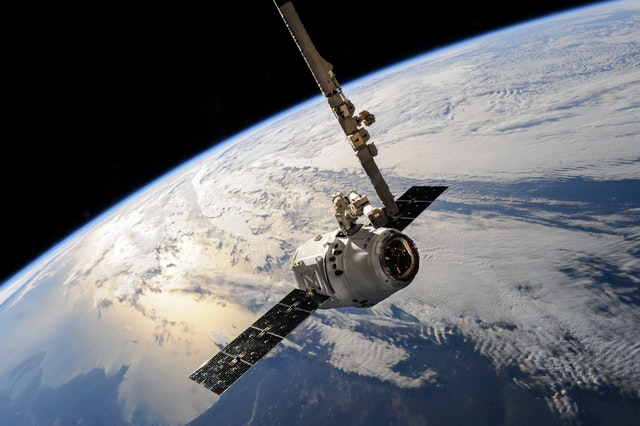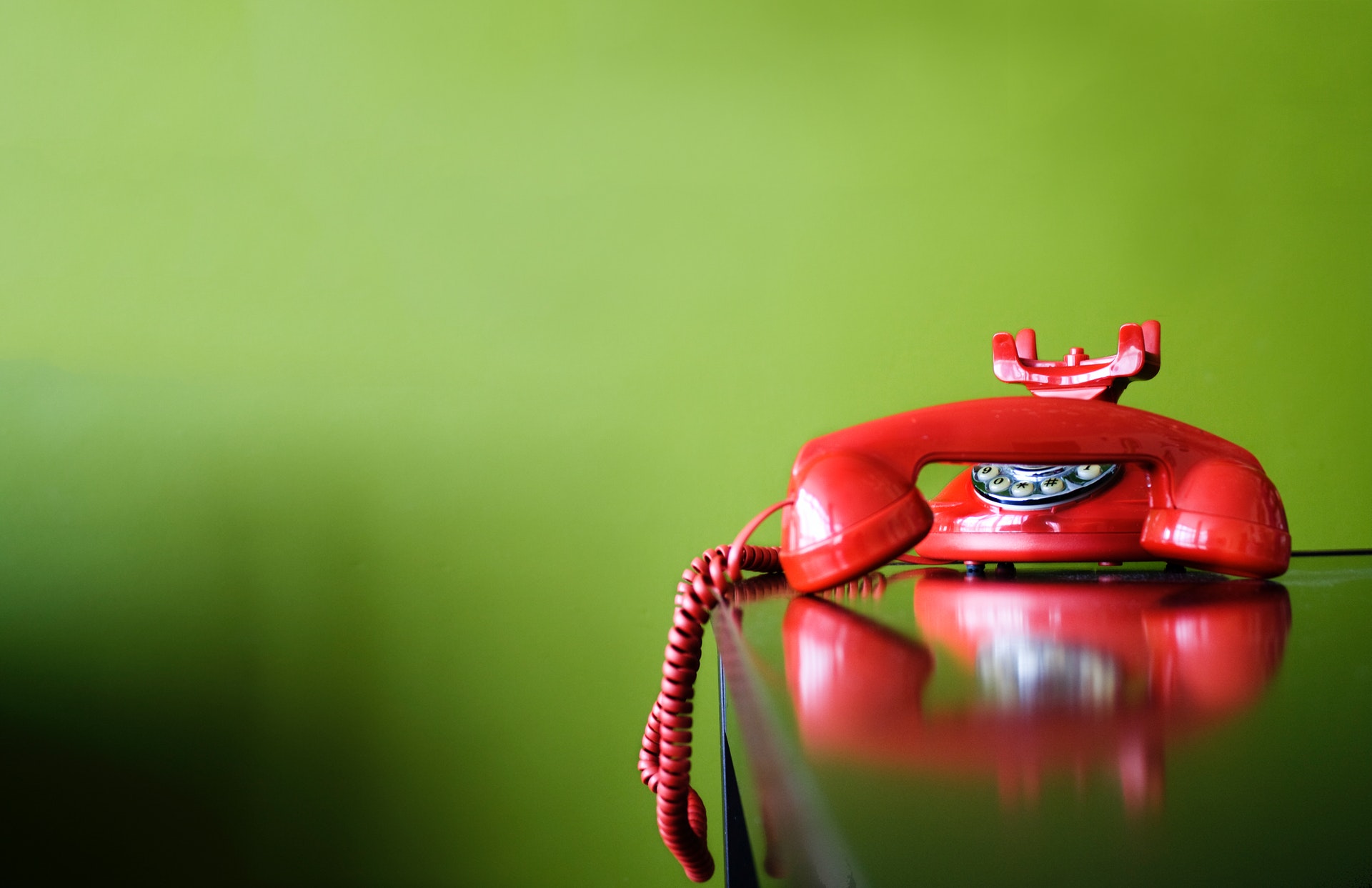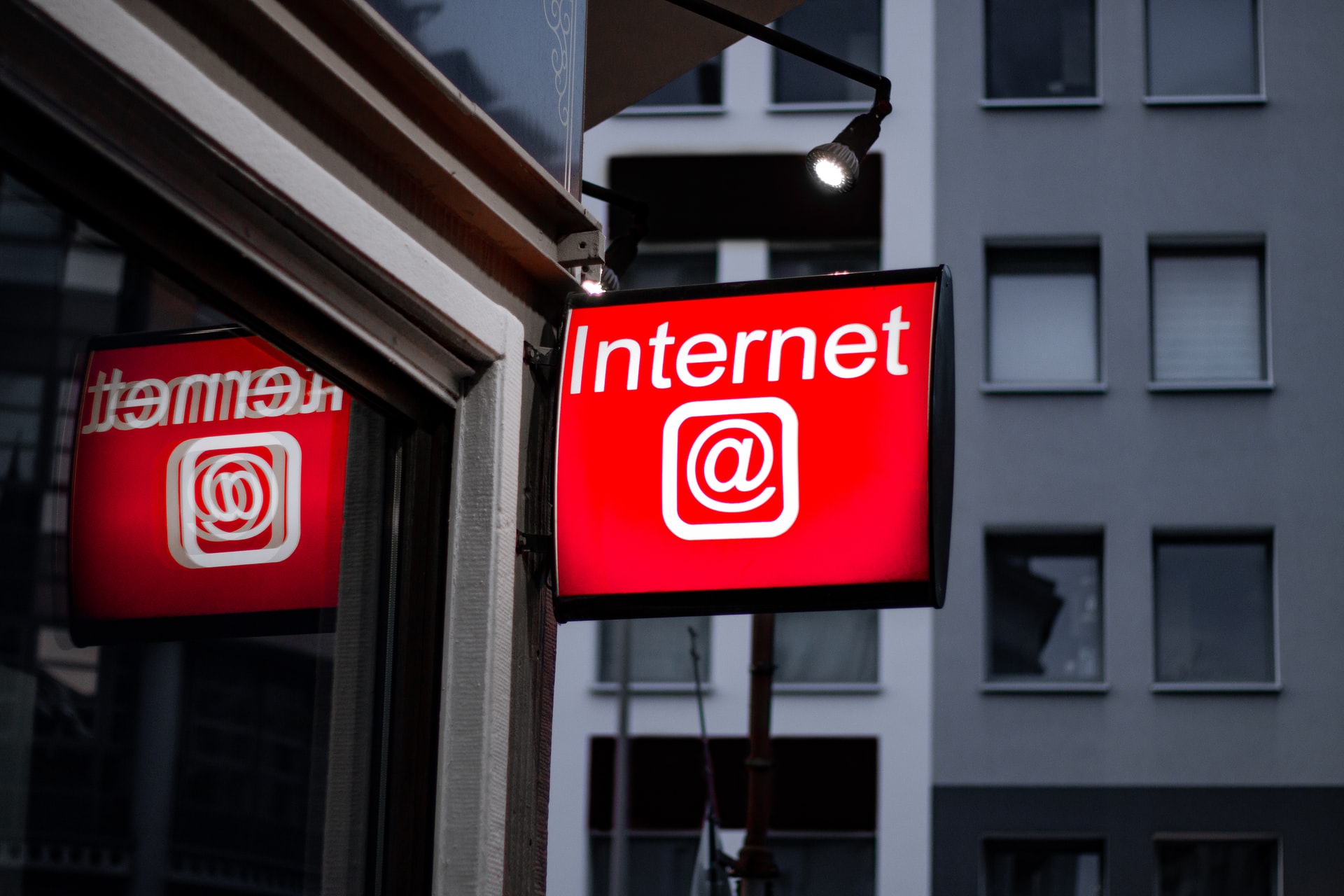They are your last resort if everything else fails to connect you to civilization. Satellite phones do not require cell towers to get a signal. But these cell towers do not exist in every corner of the earth. This means that there are certain dead zones and blank spots where your cell phone just can’t come through for you.
This is when a satellite phone comes in. They rely on satellite networks orbiting the planet. So where there is no cell service, the satellite phone or sat phone, prevails.
What is a Satellite Phone?
How Do They Work?
As said, they rely on orbiting satellites. Certain uses geosynchronous satellites (GEO or high orbit satellites) while others opt for low earth orbit (LEO) ones. There are pros and cons to each, so let us take a deeper look.
GEO
Geosynchronous satellites are “synched” to the earth, meaning they follow earth’s orbit. This gives us the impression that they are locked in a specific location in the sky. The high orbiting satellites are higher (hence the name), and they do not dip below Earth’s equator.
GEO satellites are very large and just a network of a few can give provide customers with expansive coverage. Due to their size and efficiency, they can handle large amounts of data that not only encompass voice calling, but also streaming, and sharing. The famous Inmarsat satellite phones are an example of ones that use GEO.
Since they fly so high above the earth, GEO satellites do suffer from some delay. But we’re talking milliseconds, but clients still experience a lag when having back and forth conversations.
There aren’t as many of these satellites in the sky, which puts them at greater risk for outages and one malfunctioning satellite ruins it for the rest.
LEO
Low orbiting satellites are quite the opposite. The coveted Iridium and Globalstar are examples of companies that use LEO configurations. In contrast to the large giants that are GEO satellites, LEO satellites are much smaller, but they win in numbers [1].
Their low orbit requires a whole lot more of them to get the same coverage as a GEO satellite. It’s difficult to find a spot on earth where LEO satellites do not cover due to their large quantities.
Their low and slow orbit and large numbers result in reliable service for much of the planet. Also contrary to GEO satellites, LEO satellites offer much more stable calls without many delays. However, their transmission speeds are much lower, meaning you won’t be catching your favorite vlogger on Youtube any time soon.
Since the signal is much more reliable, your LEO satellite phone won’t be sporting a huge antenna like the GEO designs. In fact, a lot of them might only be just slightly bigger than your smartphone.
LEO phones or not, need a clear line of sight to the satellite for the best service. Since GEO satellites are few and far between, this could be a big issue. A lot of satellite phones will give you a notification if someone is trying to reach you, so you can move to a place with a better connection.
Satellite VS Cell
It’s the face-off between the two giants. Other than cell phones needing land towers and satellite phones operating through their namesake, there are a few other key differences.
Satellite phones are made for emergency and wilderness purposes. It’s not meant to be used for the everyday gossip and/or for streaming and downloading videos. So in terms of functionality, cell phones are the clear winner by far. Although there are new satellite phone models that have hotspots which give it the ability to receive and send texts.
In terms of cost, satellite phone plans are out of this world expensive. If you have read our article about the cost of satellite phones, you’ll know that the plans can range from hundreds to thousands a month and all you get are just a few minutes of talk time and texts.
Satellite phones could be a lifesaver, but for everyday tasks and getting in touch with people, cell phones will still save you a pretty penny.
The Bottom Line
What are satellite phones? They could be the difference between life and death when you’re out in the wilderness. When you have no other means of getting in touch with civilization and your cell phone has completely failed you, the satellite phone can bail you out of these situations. While they’re both useful devices, a satellite phone plan is much pricier and it encompasses a lot less. We suggest using satellite phones for only emergency situations.










Comments